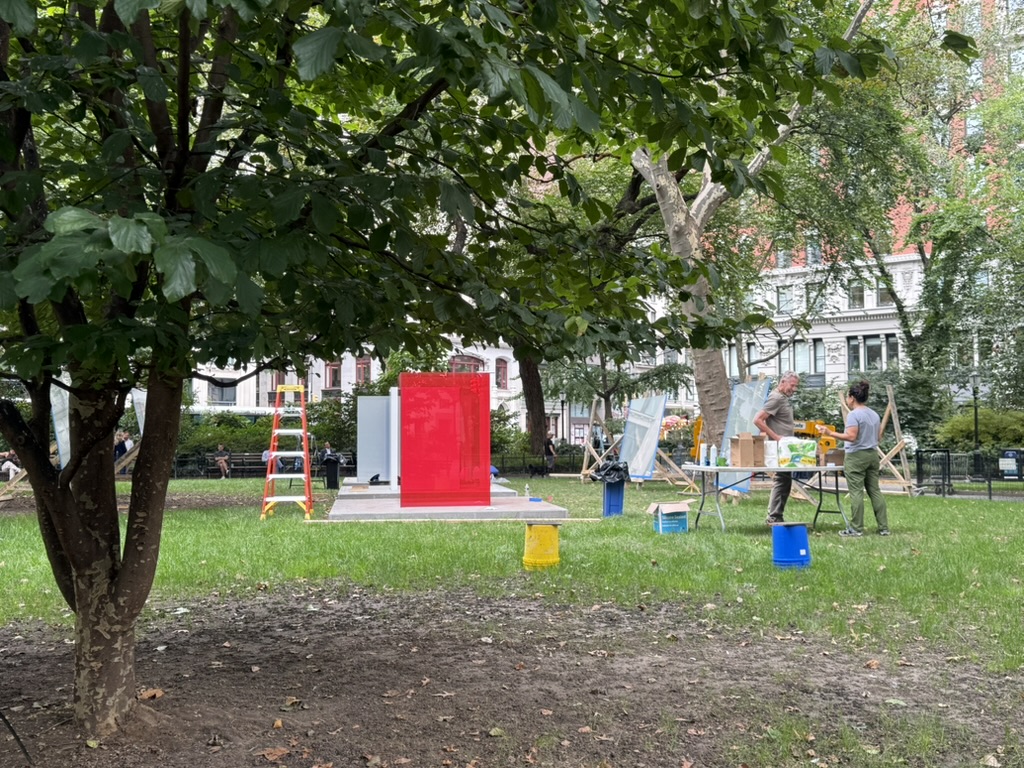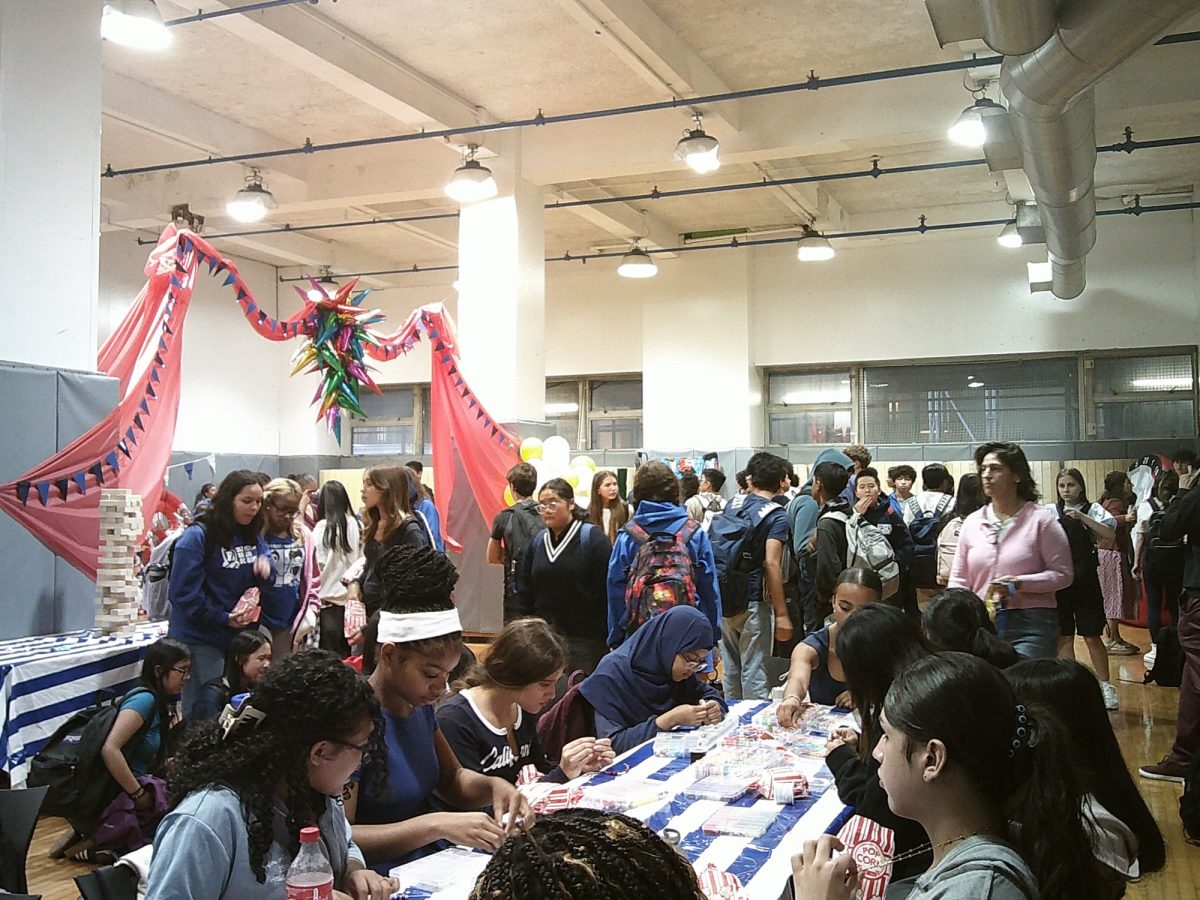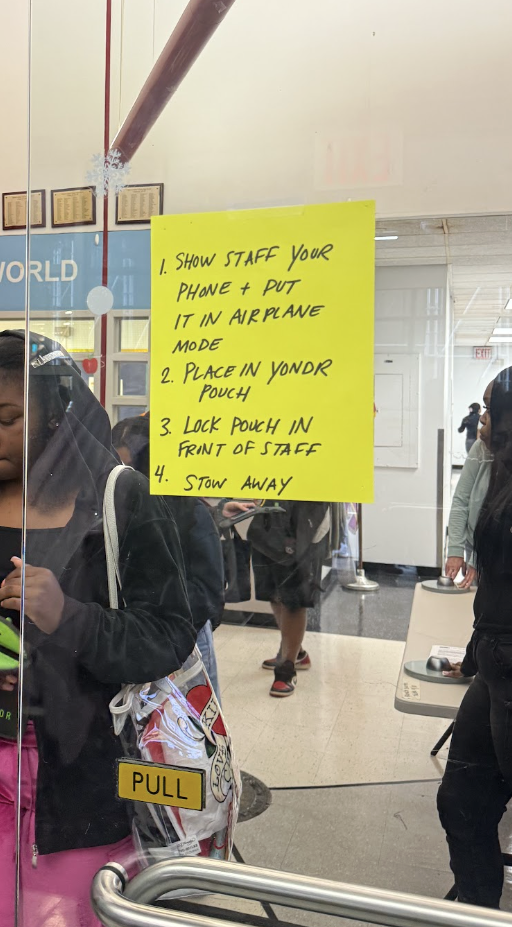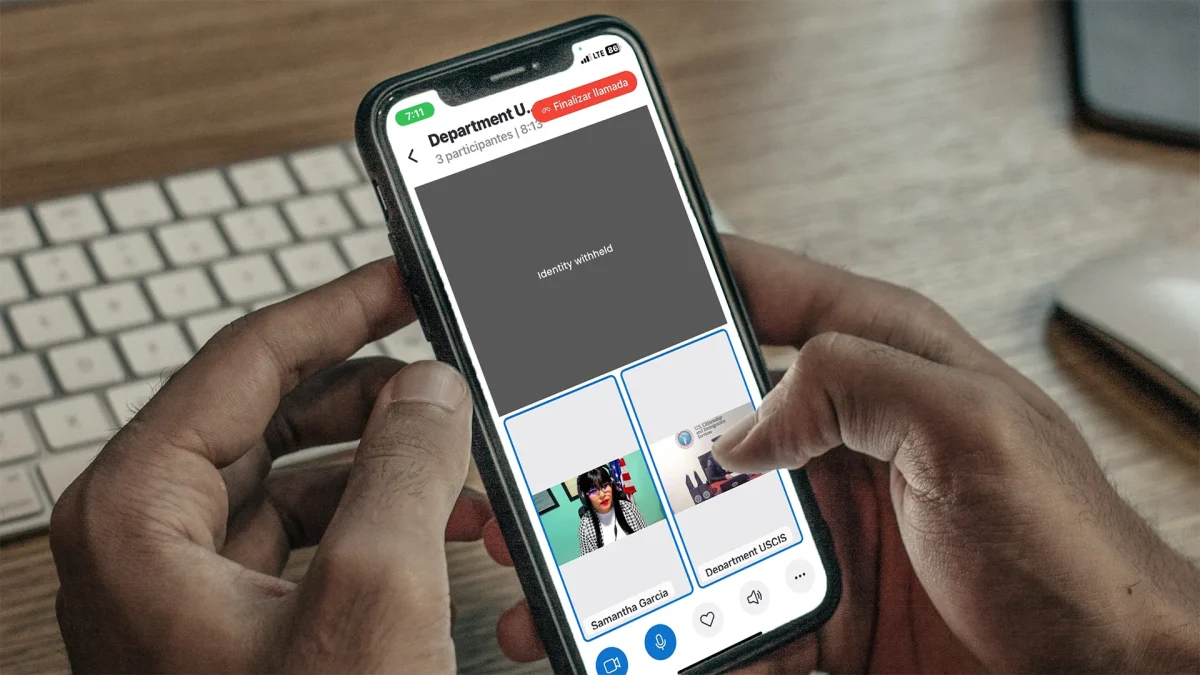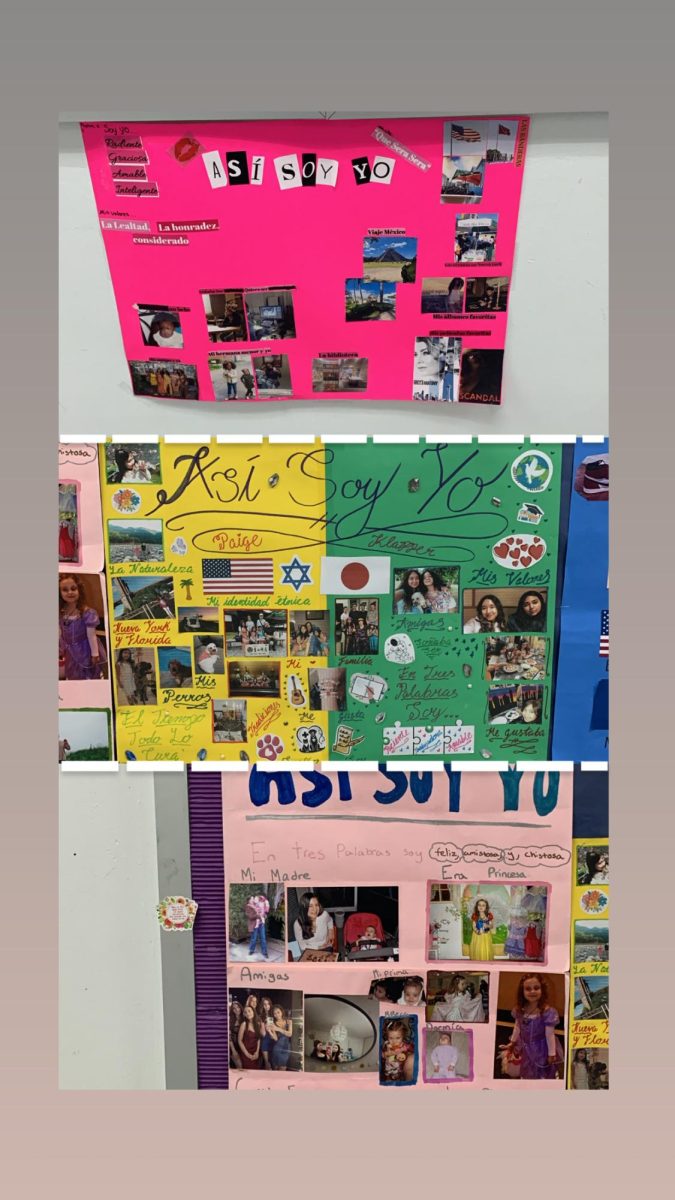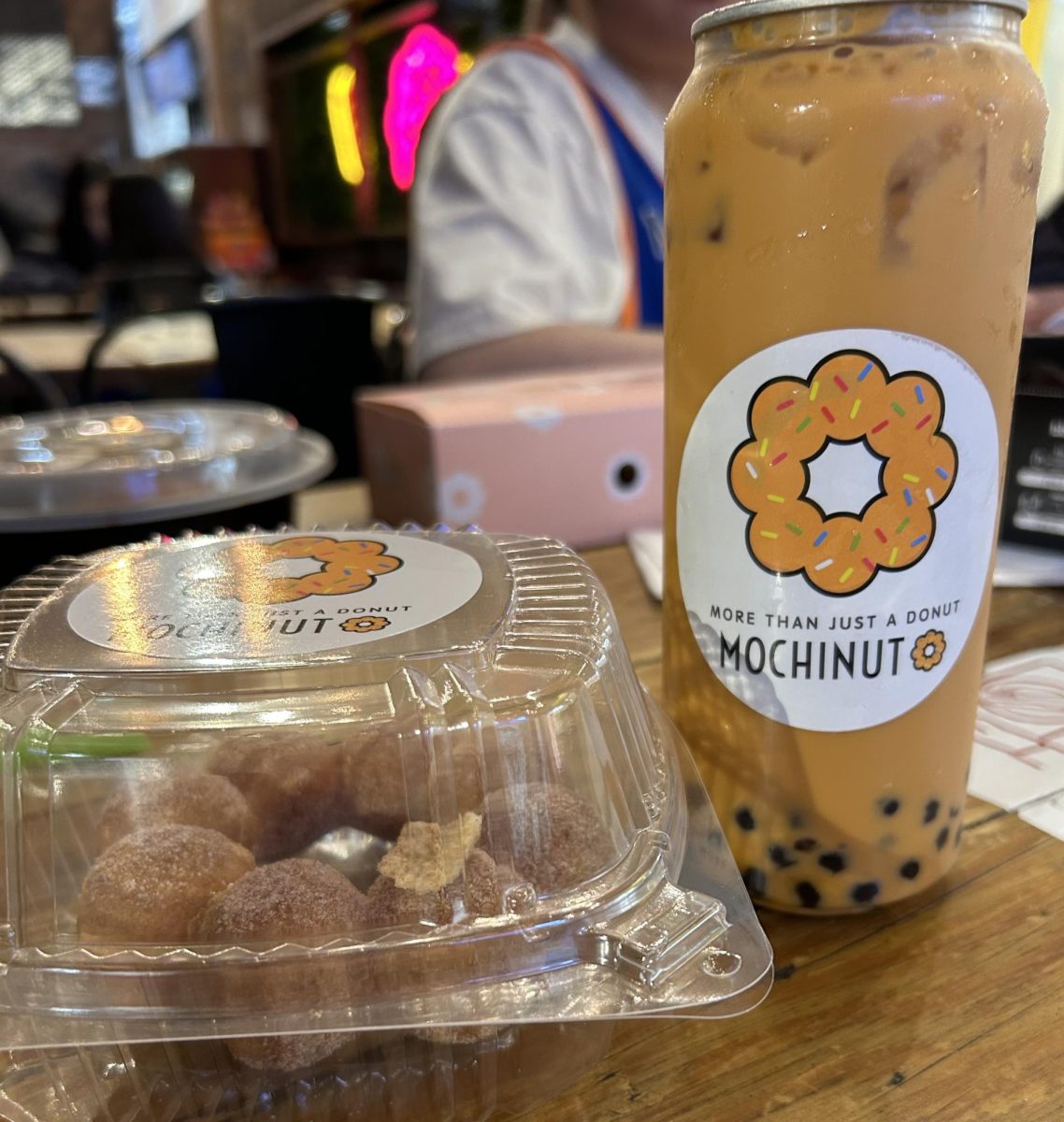Social Media: Mirror or Filter
October 1, 2022
The unprecedented interconnectedness of social media has allowed members of our generation to express and promote themselves to the world on a scale unheard of in previous times. While many relish the opportunity to market themselves to the world, some are less genuine than others, and their online versions can differ or even starkly contrast their actual image. One’s “ideal self” is how one seeks to be perceived by others. While some are content in expressing their true selves online, many feel pressured to suppress or alter their identities to feel comfortable.
In my own experience, I have found that social media platforms, such as Snapchat, offer an incredible opportunity for self-expression to the degree that I find unachievable in real-life situations. Social Media has created a space for myself and my friends online, where we can discuss political and social issues and express my genuine ideological identity to an even greater degree than in most real interactions. Interestingly, few sources appear to describe social media as elevating one’s sense of identity, and most criticize online platforms for encouraging the depiction of a false version of oneself. One such article by Sophie Goodman, titled “How Real Are You on Facebook?,” discusses the factors that prompt people to promote false versions of their identities online, stating, “In one 2012 study, researchers used focus group data to come up with 36 ‘rules’ of Facebook friends, many of which are about impression management. One of those rules is, “Project yourself in a manner others would want to be associated with.” (sapiens.org). While I found online platforms offer an otherwise unattainable level of freedom to express my genuine beliefs to people, articles such as this indicate this is not the case for all; many feel paralyzed by a fear of disapproval from others. This fear prompts them to alter their online identity from that which may be true in real life.
While many sources seek to depict social media as a force that draws people away from their true identities, pushing them to alter themselves to gain social approval, others express a more optimistic view regarding social media’s impact on teens. One such article titled “Teens say social media give valuable source of self-expression,” by Jaskiran Chopra, makes an argument similar to my own regarding social media, stating, “Teenagers report that social media has a positive rather than a negative effect on how they feel. They say that social media strengthens their friendships, allows them to express themselves more easily, and makes them feel more connected.” (Daily Pioneer). This text segment, in which the author highlights the more positive aspects of teen social media use, describes how these online platforms allow teens to better connect with others and express themselves. I found this article to better align with my lived experience. I have observed that social media platforms offer increased opportunities for personal expression and interaction with people who may otherwise be inaccessible.
Perception is everything, as we all know, notably on media platforms. We all have an ideal self in terms of perception. We all want to improve our appearances and hobbies and aim to be like the most successful people we see. The concept of portraying our ideal selves versus our true selves has become more and more common on social media platforms as social media use keeps developing. You watch your classmates upload cheery photos in tourist locations and post about their victories on platforms like Instagram, and you start to feel like your own life does not measure up. It’s too easy to get caught up in the trap of allowing other people’s flawless social media profiles to convince you that you’re lacking in some way. We only publish things that portray us in a perfect light in reaction to this feeling of falling short compared to others. My ideal self is something that hangs over me every time I visit a social platform. “Right now, everything is perfect,” I captioned a “dump” of recent photos that I posted. You could probably guess that my life was far from “perfect.” It was one of the most stressful and overwhelming times of my life. This post is just one of the many ways I use social media to highlight only my best qualities. It might be uncomfortable to be yourself genuinely on social media because you witness everyone else’s continual perfection – who wants to be the odd one? It’s a never-ending loop of false perfection. When one person publishes their perfect self, most wonder why they aren’t living this ideal life, so they too share only the best of themselves.
Another way social media might make you unauthentic is by forcing you to be visible to everyone. Daily, I have a range of interactions, from close friends to classmates. Depending on the situation, I reveal different realities of myself at other times. However, those lines are blurred in the virtual world of social media, if not wholly absent. It can be unsettling to be so open in front of people you don’t know well. Because social media doesn’t allow you to distinguish between close friends and acquaintances, it’s easy to want to display only one – positive – version of yourself. Would you tell the girl sitting next to you in math class that you’re having a terrible day? The answer is most likely no. That’s information most people would only give their close friends access to. However, limiting your sharing to simply your closest friends is often difficult. One of the drawbacks of social media: everything is out in the open, which forces individuals to be disingenuous.



